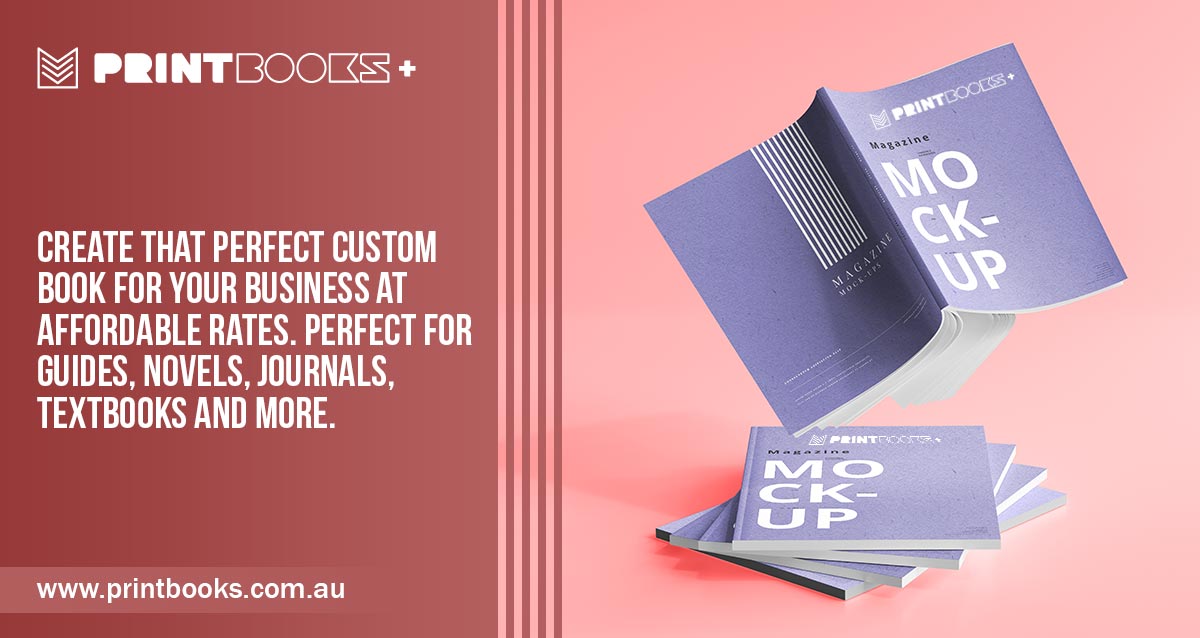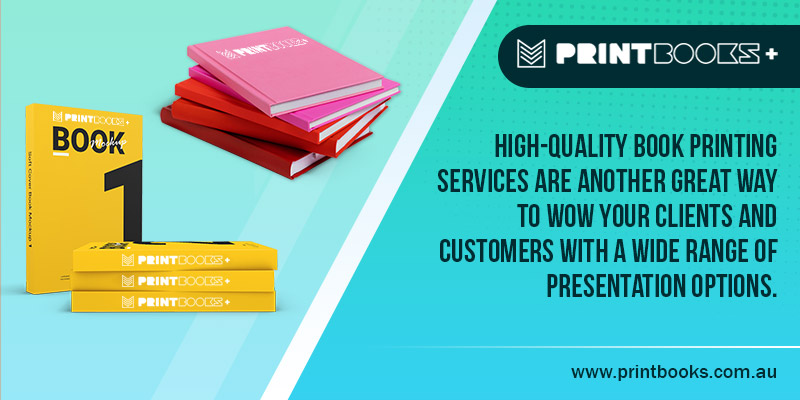3 Decisions You Need To Make while Considering book printing in Australia

In common words, books are just sheets of paper bonded together to one package. All catalogues, brochures, magazines, comic books, textbooks, Etc., are considered books.
Unlike single sheets of paper like business cards, flyers, posters, and coupon cards, books are more complicated and tricky.
Writers spend a vast amount of time and energy writing their books, but the final hindrance in designing and printing the book can be dreadful for many self-publishers.
Cover is essentially the first impression so, your print book will contain front and back cover and spine. It will be sized specifically for your page count and trim size. Different printers have a variety of specifications, so check what you need for your book.
Finally, you have written the book with all the decisions considered. It’s time to get physical copies into the reader’s hand. Scroll down to check what all encloses while making a perfect print book.
When making a print book, you have three important decisions to consider
Colour Scheme
Be environmental friendly. Even though the colour and black cartridges have the same physical impact on the environment. Commonly, black and white printing is more suitable for book printing services because it uses fewer ink cartridges than printing in colour.
Fiction books and novels are primarily black and white, while photography and art books demand a wide range of colours. And some custom book printing mix both black texts and colours inserted throughout the book.
You need to discuss and work with book printing Australia to get your desired choice. If you want to print especially plain and colourless documents, printing in black and white and instilling in a monochrome printer is better and saves money by using less ink.
Unfailingly, printing in black and white is also an excellent choice to sustain an eco-friendly book.
Cover Type
As a famous quote states, “People judge books by their covers”. Custom cover design is the most vital part for many authors and writers.
The perfect cover makes the difference between a reviewer or bookstore buyer choosing up a book or not. If the cover is unkempt, they think the writing is too. So you need to attract customers with a snappy eye-catchy design.
Depending on the size of your book, there are periodic binding alternatives available to help climb back the cost. The most professional book printing services are usually perfect bound, ideal for 120 pages or more. However, if you’re working with 120 pages or fewer, booklet printing Australia offers the same qualified, polished look of a perfect-bound book but for a sliver of the cost.

Hardcover book printing
A hardcover book bounded with a thick protective cover, usually with a paper or a leather dust jacket over the main cover. The purpose of a hardcover is protection and durability.
Hardcover books last elongate than paperbacks. They do not get sabotaged easily, thus creating them perfect for reference guides, great literary works, Etc. Plus, they look amazing on a bookshelf.
Hardcover books can finish with different options like matt printed, glossy and laminated covers, printed endpapers, book cloth covers, head & tail bands of your colour choice, bookmark ribbons and dust jackets.
Softcover book printing
Paperback books are designed for non-commercial works that don’t get much orientation. The covers are made of thinner paper or cardboard, with glue to stick to the leaves.
The cost of production is lower than hardcovers. Most new writers will start with a paperback.
Book printing Australia can print books with top-notch soft cover quality. The in-house book printing services team helps achieve both quality and competitive quotations.
Trim Size
How large and better do you want your book to be? The book printing services depend on various factors, so you need to design and plan before authorizing a cover or sending for custom book printing. The standard size for miniature paperback encloses 5.5×8.5, 6×9, 4.25×7, 5×8.
Authors needs to consider an important decision about a few rules about book size and several conventions to know. Readers will expect a specific type of book to be within some standard conventional sizes.
Trim size is the publishing phrase for book size, particularly the dimension used for each page of your book. Used more commonly for a particular genre or type. The publisher uses custom book printing techniques to trim the pages to ensure they are all uniform in size.
Do you want to print your dream book? At Printbooks, we offer different ways of custom book printing, from digital or offset booklets to hardcover or wiro booklets. Booklet printing Australia has a professional and reliable printing service that provides complete print solutions. Let book printing Australia do your work for you and wait for your beautiful printed books to be delivered!
